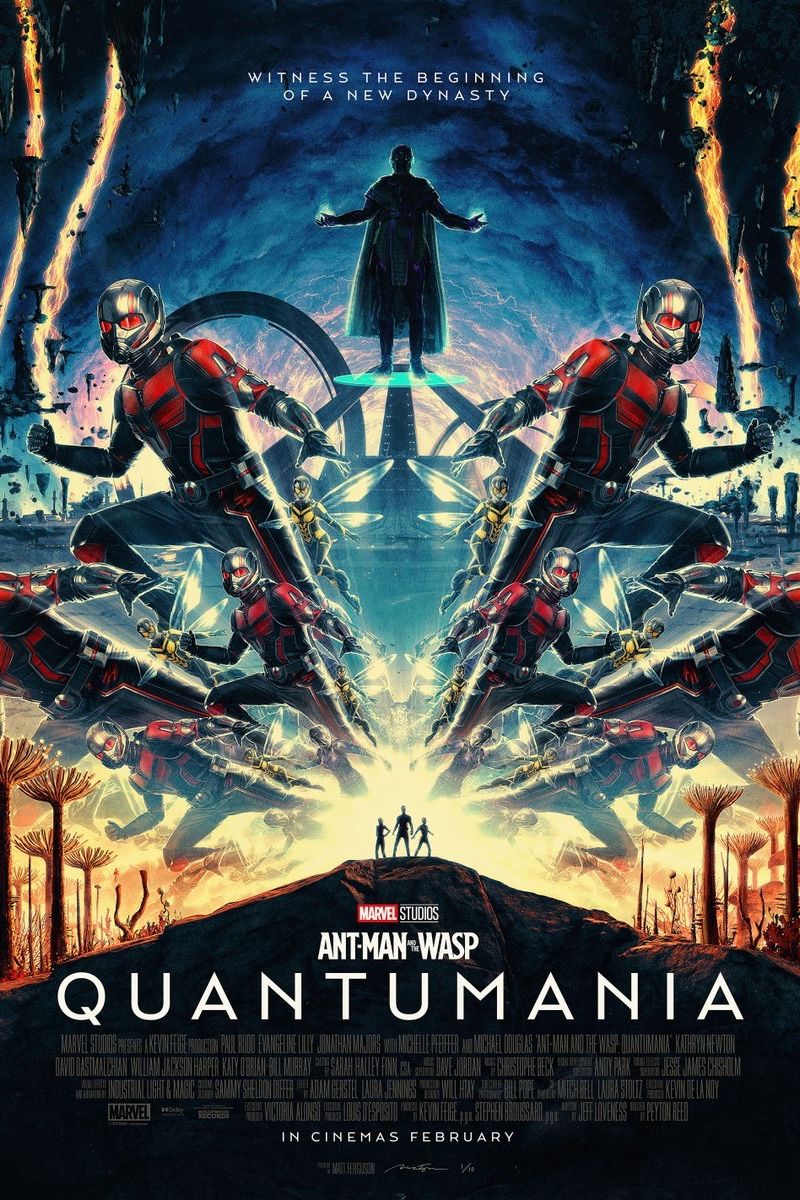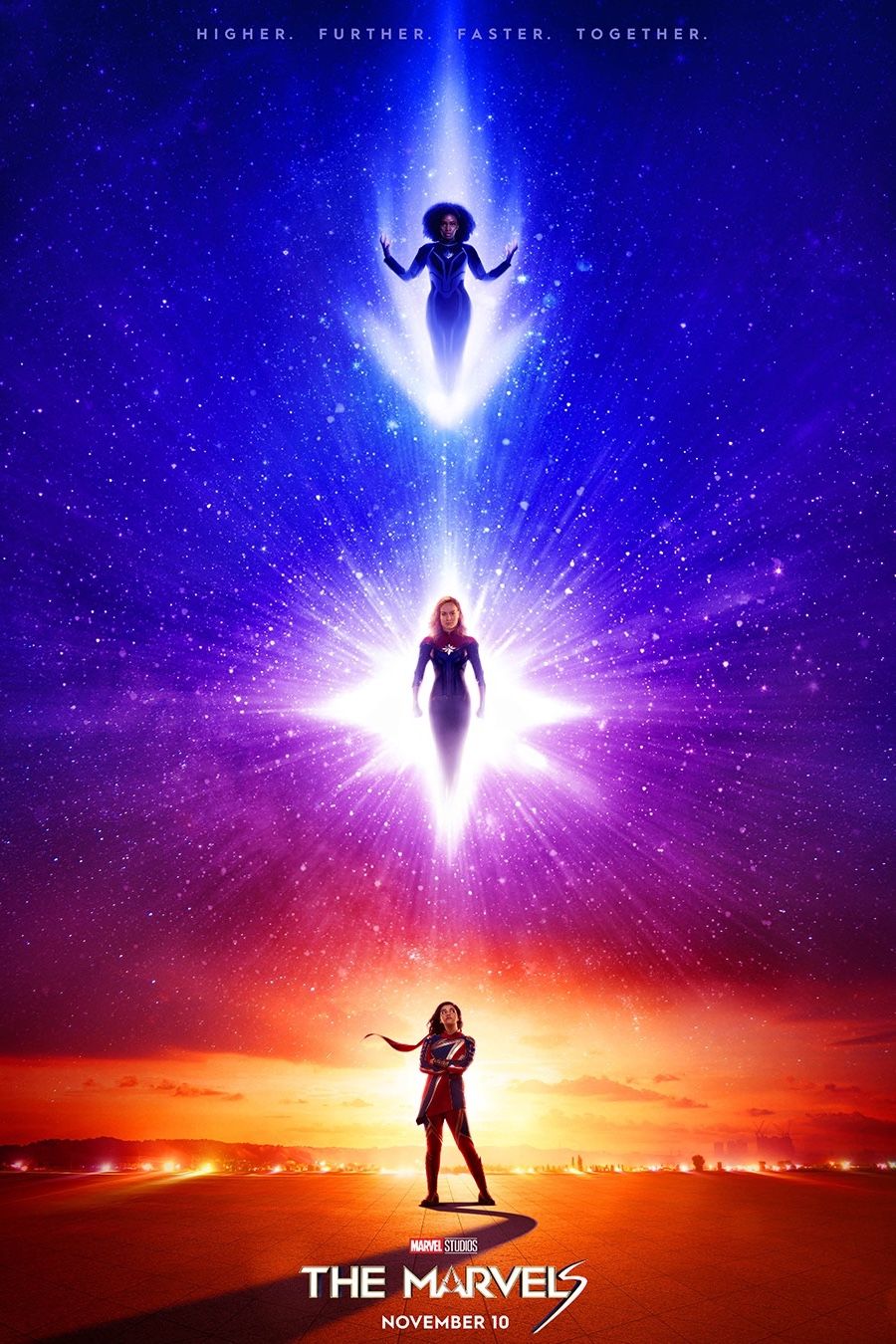Spider-Man producer Avi Arad blasts Marvel's deal with Sony, which allowed the comic book character to exist in the Marvel Cinematic Universe. Spider-Man is one of Marvel's most beloved and iconic heroes, and once the MCU launched, audiences began clamoring for an appearance from their favorite webhead alongside the franchise's other heroes. Before Spider-Man appeared in the MCU, Sony had created five live-action Spider-Man movies with two different lead actors. Once Marvel Studios, Disney, and Sony came to an agreement to share the character, Tom Holland took up the mantle of Spidey and swung into the MCU in 2016, though Sony has continued to produce separate Spider-Man-adjacent content, including the Spider-Verse films and Sony's Spider-Man Universe comprised of the Venom movies, Morbius, and more.
The Direct has offered an early glimpse at the upcoming book With Great Power: How Spider-Man Conquered Hollywood during the Golden Age of Comic Book Blockbusters by Sean O'Connell, which chronicle's Spidey's complicated history on the big screen. In the excerpt, longtime Spider-Man producer Avi Arad voiced his frustration over Sony's deal with Marvel Studios, bluntly stating that the deal was the result of the studios' desire for profit. See what the producer had to say below:
“They did it for money. Terrible… Like giving your kids away for adoption, just because you’re not sure what to do with them.”
Related: When Will Spider-Man: No Way Home's Biggest Tease Actually Matter?
Why Avi Arad Is Wrong About Spider-Man Deal

Though Arad has a long history with Spider-Man's film appearances, the producer has been the subject of controversy before due to his purported influence on certain unpopular decisions. In particular, Arad was criticized when it was revealed that he pushed for Venom's inclusion in Sam Raimi's Spider-Man 3, which many believe impacted the movie negatively. In addition, Arad was accused in the past of keeping Garfield's Spider-Man from entering the MCU, as well as having a hand in some unpopular decisions made with Holland's Spider-Man introduction. While those decisions were likely the result of much larger collaborations, Arad did step away just before the official launch of the MCU and has continued to focus on Sony's other projects, such as Morbius, since.
Many other Spider-Man producers, including Stan Lee, have previously voiced their appreciation for the collaboration between Sony, Marvel Studios, and Disney, which has allowed the character of Spider-Man to grow in new ways by interacting with a much larger world of heroes and villains. After viewers witnessed two separate Spider-Man origin stories a decade apart, Spider-Man's inclusion in the MCU was a breath of fresh air for many hoping to see the hero tackle new challenges. The audience response to the deal has been overwhelmingly positive, with Holland's most recent MCU foray, Spider-Man: No Way Home, earning applause in theaters across the country due to the inclusion of Maguire and Garfield's characters as well as various villains from the Sony era in what many have termed a love letter to Spider-Man.
Sony's deal with Disney and Marvel has allowed the studios to do something different with the much-rebooted character and revitalize Spider-Man's long history on the big screen. Though some have criticized the MCU Spider-Man's heavy associations with Iron Man (Robert Downey, Jr.), Spider-Man: No Way Home ended with the character closely resembling his comic-book counterpart in terms of his newfound independence and station in life as essentially a nobody. Based on the direction the MCU seems to be taking with the character and the critical and audience response to Spider-Man's journey since he joined the franchise, the webslinger appears to be in good hands despite Arad's misgivings.
Next: The Spider-Man Character Stan Lee Wanted To Play In A MovieSource: With Great Power: How Spider-Man Conquered Hollywood during the Golden Age of Comic Book Blockbusters (via The Direct)
Key Release Dates
-

Black Panther: Wakanda Forever
Release Date:2022-11-11 -

The Guardians of the Galaxy Holiday Special
Release Date:2022-11-25 -

Ant-Man & the Wasp: Quantumania
Release Date:2023-02-17 -

Guardians of the Galaxy Vol. 3
Release Date:2023-05-05 -

The Marvels
Release Date:2023-11-10 -

Captain America: Brave New World
Release Date:2024-05-03 -

Marvel's Thunderbolts
Release Date:2024-12-20 -

Blade (2025)
Release Date:2025-02-14 -

Deadpool 3
Release Date:2024-05-03 -

Marvel's Fantastic Four
Release Date:2025-05-02 -

Avengers: The Kang Dynasty
Release Date:2026-05-01 -

Avengers: Secret Wars
Release Date:2027-05-01

